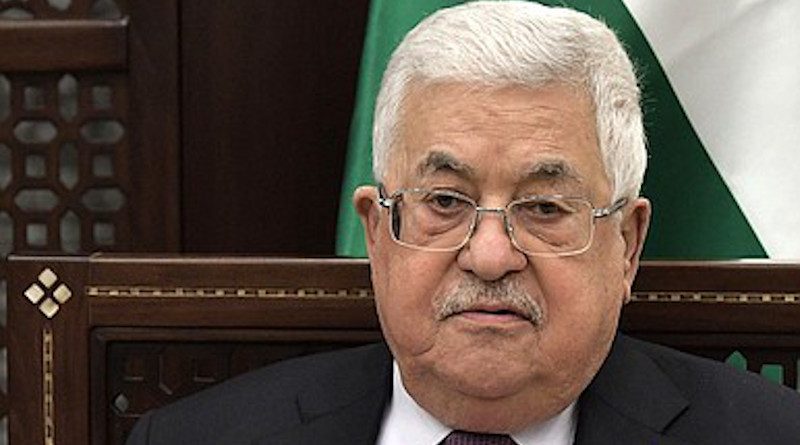Palestinian Leaders Must Listen To Their People Who Want US Help In Ending Conflict – OpEd
By Ray Hanania
The majority of Palestinians in the occupied territories would like the US to play a bigger role in mediating peace between Israel and Palestine, according to a new public opinion poll.
The Arab News/YouGov pan-Arab survey also found that in common with the rest of the Arab world, the same group opposed American recognition of Jerusalem as Israel’s capital along with other policies of President Donald Trump’s administration.
One interpretation of the findings could be that many Palestinians have lost confidence in their existing leadership, which has rejected participation in recent US-led peace efforts.
Palestinian leaders were absent from the “Peace to Prosperity” conference held in 2019 in Bahrain that outlined $50 billion in financial support for Palestinians in a peace deal, and they boycotted the White House unveiling of the so-called “Deal of the Century” peace plan.
They have also been critical of peace initiatives led by the UAE and Bahrain that culminated in their signing, along with the US and Israel, of the Abraham Accords in September.
YouGov is a global internet-based market research and data analytics firm, headquartered in the UK, with operations in Europe, North America, the Middle East, and Asia-Pacific.
The survey revealed significant support among Palestinians in the occupied territories for stronger American involvement in the peace process, with 52 percent wanting the US to play a “bigger role.” The remaining 48 percent thought otherwise.
Some might argue that there is a contradiction in the minds of Palestinians, but I do not see it that way.
It shows that Palestinians do want peace and they believe that the US is the only international power that can bring it about. But at the same time, in the absence of progress in Israel-Palestine conflict resolution, they do not favor one-sided concessions from the Arab corner.
The poll also addressed issues concerning how Arabs viewed the upcoming American presidential election, but the overall view of peace was driven by the belief that regardless of who is the next president, the US needed to remain a leading voice in pushing for Middle East peace and Israeli-Palestinian reconciliation.
A poll is not required to show that Palestinians are deeply frustrated by Israel’s continued oppressive policies and with the ineffectiveness of the Palestinian leadership, not only the Palestinian Authority (PA), which takes direction from the Palestine Liberation Organization (PLO), but also from Hamas, which is aligned with radicals in Iran and Qatar.
The failure of the Palestinian leadership to assert Palestinian rights has been compounded by the absence of a strong and effective public communications strategy to not only advance the fundamentals of those rights but to also counter Israel’s massive propaganda campaigns.
Israel spends millions every year to promote aggressive public relations spin that undermines Palestinian rights, suppresses violence against Palestinians by the Israel Defense Forces and the illegal settler movement, and marginalizes Palestinian rights in the Western mainstream news media.
For most Americans, the news media, including the entertainment media industry, defines their understanding of the Israel-Palestine conflict. With Palestinians absent from the public media education campaign, Israel is free to shape every issue to its advantage.
The mainstream news media often reports on violence against Israeli targets but marginalizes or ignores violence by the Israeli military and the illegal Israeli settler movement.
Studies have also shown that the mainstream news media often excludes opinions and perspectives written by pro-Palestinian and pro-Arab columnists and presents Arab-Israeli issues in the narrow context of pro-Israel discussion.
With better media engagement, the public would have a more accurate understanding of the Israel-Palestine conflict and that would strengthen Palestinian confidence not only in the peace movement but in their own leadership.
A skewed mainstream media coverage of the Middle East conflict allows the Palestinian leadership to redirect the Palestinian public’s concerns away from their own failures to other issues driven by emotion and anger.
Yet the Palestinian leadership cannot hide behind media bias to cover their failures. They need to step up and listen to their public and define their issues based on the best interests and opinions of the Palestinian population which includes those living in Israel, those under Israeli occupation, and those in the diaspora.

